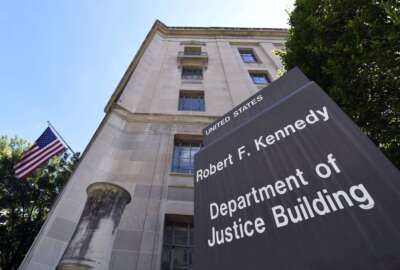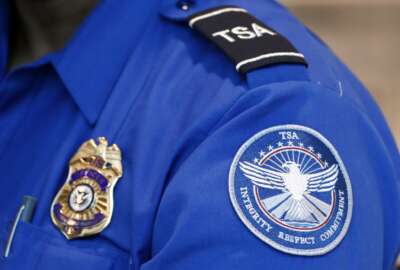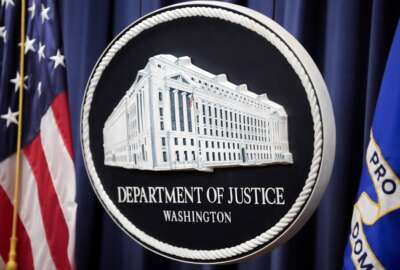Libya costs won’t blow up the budget
The Center for Strategic and Budgetary Assessments, in an analysis this month, estimated that the Libyan no-fly zone could cost $100 million to $300 million per...
By Suzanne Kubota
Senior Internet Editor
FederalNewsRadio.com
Several members of Congress are increasingly questioning the wisdom of U.S. involvement in Libya.
“Congress has been really quite upset about the Libyan mission on two fronts,” Sam Youngman, White House correspondent for The Hill, told Federal News Radio, “the first being that they weren’t consulted more thoroughly and the second being the cost of the mission. I think it’s stunning to consider that just one of those Tomahawk missiles that went into Tripoli cost $1.2 million dollars to fire. We fired 112 of them in there the first day. Clearly, at a time when everybody’s very sensitive to spending, this is a concern.”
Stretched thin by two wars, the U.S. military is spending upward of $1 billion in an international assault to destroy Libyan leader Moammar Gadhafi’s air defenses and save rebels from likely defeat, according to analysts and a rough calculation of the military operation so far.
However, The Hill reports those costs won’t change the topic of the day: the budget.
“Right now in Washington, spending is the top topic,” said Youngman, “but when you consider that the first day of the mission alone would just about wipe out whatever spending cuts both Republicans and Democrats have been proposing the last several weeks, it certainly takes on new meaning.”
Budget negotiations continue at an impasse, and no real progress has been made with Congress out of town. This week has been “kind of quiet,” said Youngman.
When Congress returns, Youngman said the campaign in Libya will serve to put the budget work into perspective. For example, Youngman said the President, for his FY 2012 budget, proposed cutting funding for Community Development Block Grants, by about $300 million. “The cost of one Tomahawk missile is $1.2 million, so it doesn’t take the big calculator to figure out that the cost of strikes in Libya greatly outweighs whatever spending cuts they’re talking about here.”
Recently, noted Youngman, there had been a real effort to “get a grip on the spending on the Pentagon and this will certainly shine a new light on just exactly how much money is going into these kinds of operations.”
Going forward, Youngman said he would be watching for how quickly, and how much, the U.S. role in the strikes is diminished. “It’s priority number one for the Administration to take a step back,” he said. “The president, more than anything, does not want this to be seen as an American war against Libya and they’re desperately looking to turn over command and control authority just as soon as possible.”
Once that happens, Youngman said the debate over the cost will recede. “If Moammar Gadhafi is either pushed from power or decides to leave power here in the coming days, I think a lot of this will largely be moot.”
RELATED STORIES
Copyright © 2024 Federal News Network. All rights reserved. This website is not intended for users located within the European Economic Area.





